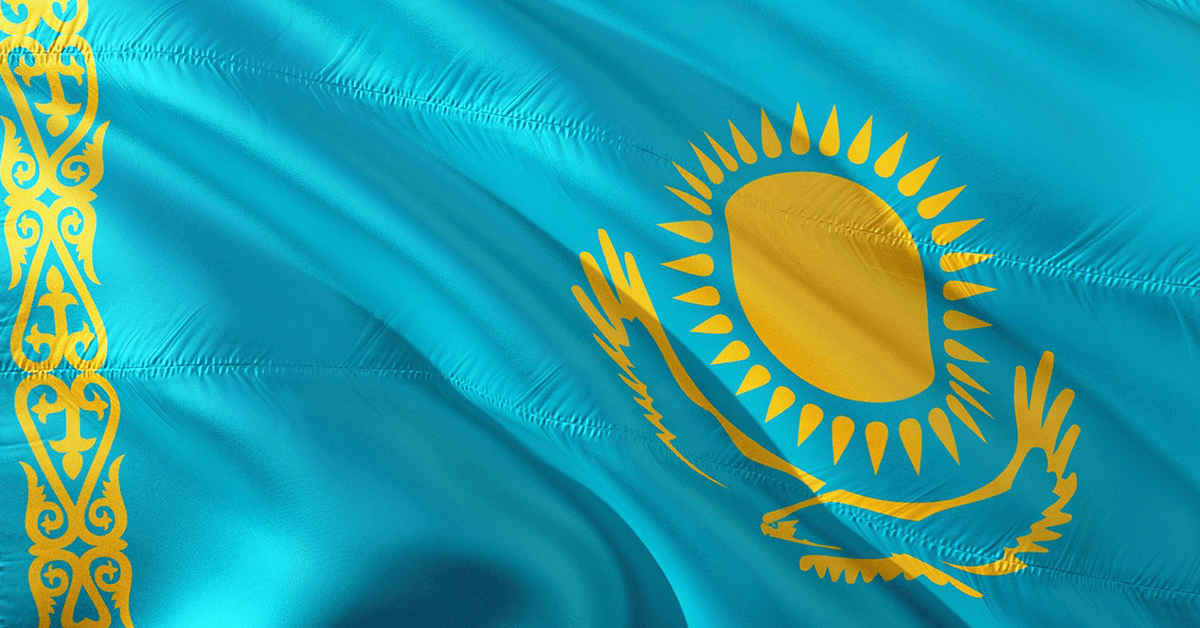The U.S. Defense Threat Reduction Agency has tapped Kazakhstan’s National Nuclear Center for support services in the Cooperative Threat Reduction program to mitigate the dangers posed by weapons of mass destruction.
The CTR Directorate works with other government agencies and partners around the world to carry out its mission, specifically in the elimination of strategic offensive arms, chemical weapons and biological threats, and proliferation prevention and dismantlement of nuclear weapons programs.
Threat Reduction Research
Under a DTRA indefinite-delivery/indefinite-quantity contract award, the NNC will provide surveys and studies on nuclear material security and eliminating nuclear testing capability. According to a U.S. Department of Defense announcement released on Friday, the contract has a maximum value of $156.1 million, with a five-year base period.
Expected for completion by December 2029, the contract has a five-year option for additional orders that may extend work through December 2034. DTRA will obligate funding per task order, with Kazakhstan as the principal place of performance.
Kazakhstan established the NNC in May 1992 to research peaceful nuclear energy use and radiation safety. The center, which oversees all nuclear research reactors in the country, is also in charge of analyzing the effects of nuclear tests at the closed Semipalatinsk nuclear test site of the former Soviet Union.
Cooperative Nonproliferation
The contract award follows a September U.S. Department of Energy event with the NNC at the 68th International Atomic Energy Agency General Conference in Vienna, which highlighted the current joint efforts to convert Kazakhstan’s IGR reactor to run on low-enriched uranium.
In a visit to Kazakhstan in 2022, Jill Hruby, U.S. National Nuclear Security Administration head, noted that cooperation on nuclear security and nonproliferation is a foundation of the strong U.S.-Kazakhstan relationship. “Our continued collaboration demonstrates our countries’ commitment to our strategic partnership to secure fissile material and counter nuclear material proliferation,” she added.
The partnership was demonstrated a year later, with the NNSA completing the construction of a radioactive waste management center at the Institute of Nuclear Physics in Almaty. Global Affairs Canada’s Weapons Threat Reduction Program provided funding for that project.


